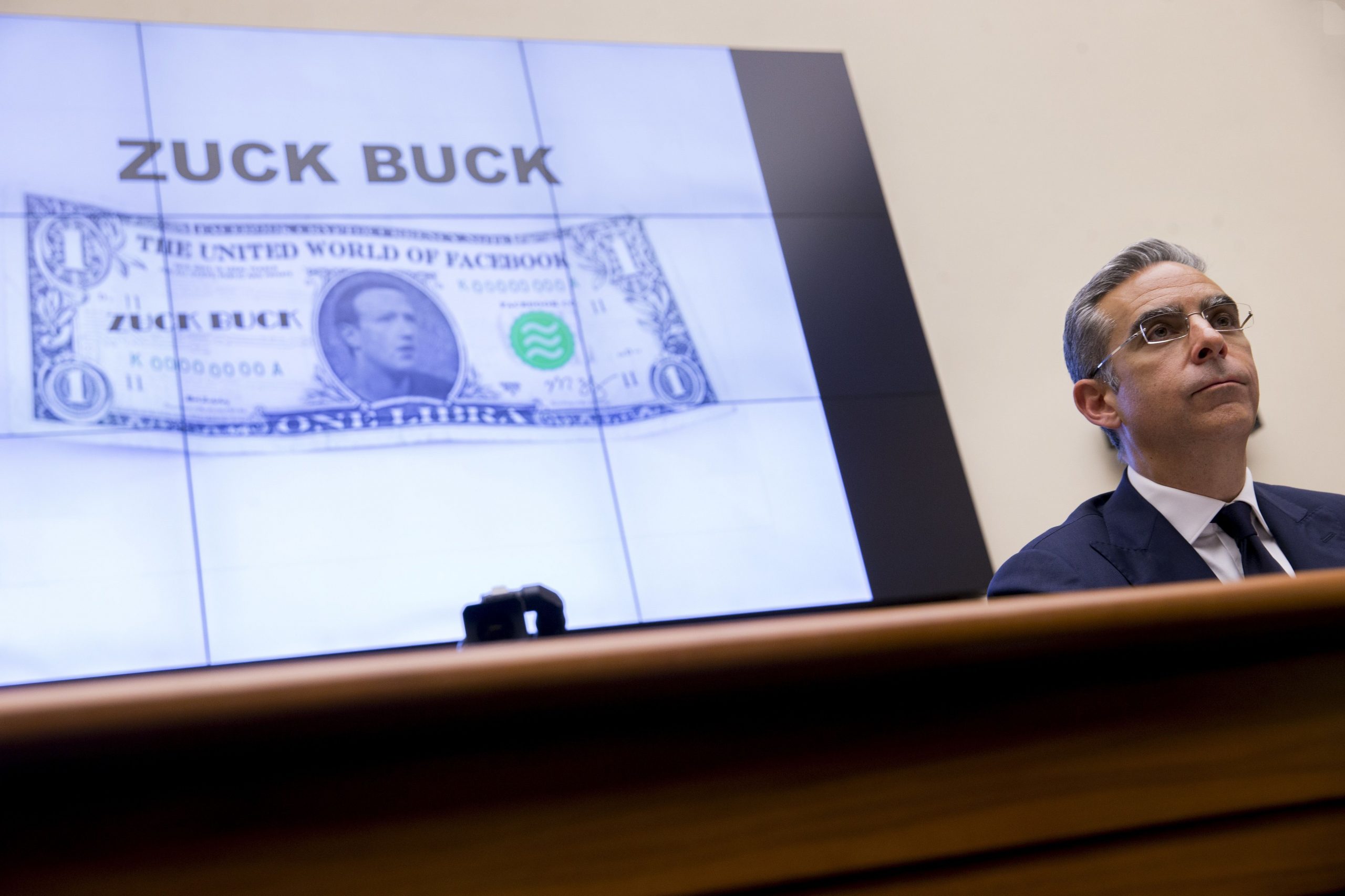
Congress is going crypto.
Lawmakers from the U.S. Senate and House of Representatives heard testimony this week regarding Facebook’s Libra project in the interest of finding a way to regulate the digital payment system and ascertain how it is different from cryptocurrencies like bitcoin.
In the hourslong confabs, Congress heard testimony from Calibra chief David Marcus, who is spearheading the Libra project, as well as experts on payment systems and cryptocurrencies.
Among the expert panelists was Meltem Demirors, chief strategy officer at CoinShares, a digital asset management firm. Speaking to CNBC’s “Fast Money” right after her testimony, she said questions still persisted around Libra’s fate.
“Today, what you saw in the House — led by Chairwoman [Maxine] Waters, who did an exceptional job — was lawmakers are trying to understand: what is Libra? Nobody really understands, ” Demirors said Wednesday. “Libra would like to be cryptocurrency. That is how Facebook is styling this. But the facts are that Libra holds assets including U.S. dollars and government securities, and is holding the public’s funds.”
This focus on Libra and the cryptocurrency market will start some long-awaited conversations on Capitol Hill about regulation that should benefit the entire crypto space, Demirors said.
“I’m cautiously optimistic,” she said. “I think a lot of us are still waiting for clarity. But I’m hopeful that today’s efforts helped push things forward and that it created some of the much-needed political momentum to get that going.”
During the House hearing, Demirors stressed the differences between Libra and bitcoin, emphasizing the fact that, unlike bitcoin, Libra will live on a closed network, be backed by physical assets and require permissions for people to hold the currency.
That makes comparing the two difficult from both a commercial and a regulatory standpoint, she told Congress, adding that the regulations for Libra should be distinct from those moderating the bitcoin network.
“On both sides of the aisle, it was very clear that no one saw cryptocurrencies as being Libra,” she said on “Fast Money.”
“I think the big concern of everyone in this hearing today was really the fact that Facebook has such tremendous size and such a massive impact on the digital economy,” she said. “We’re talking about 2.7 billion users. That’s a lot of influence and a lot of power, and so there are questions about systemic risk, there are questions about anti-competitiveness, there are questions about who this consortium is and how it’s selected, and that’s really what lawmakers are trying to untangle.”
Besides finding a way to regulate Libra, the imminent challenge for Congress will be to create an environment in the United States that allows cryptocurrency companies to grow, innovate and compete with minimal hurdles, the strategist said.
“Everyone wants to facilitate more innovation, to enable the quote-unquote ‘digital economy’ to grow through things like cryptocurrencies. Nobody is arguing with that,” she said. “I think what we are trying to determine is how do we make the United States a place where innovators continue to build businesses, and how do we create a regime, a regulatory regime, that reduces the burden on small start-ups and firms and allows them to compete with really large corporations who have great lobbyists, very expensive lawyers and large war chests?”
Bitcoin was down over 2% by 4:30 p.m. on Friday, prolonging a wild week for the digital currency that saw it swing by over 10% from day to day. Facebook shares fell by over 1%.
Disclaimer


 Signal2forex.com - Best Forex robots and signals
Signal2forex.com - Best Forex robots and signals




